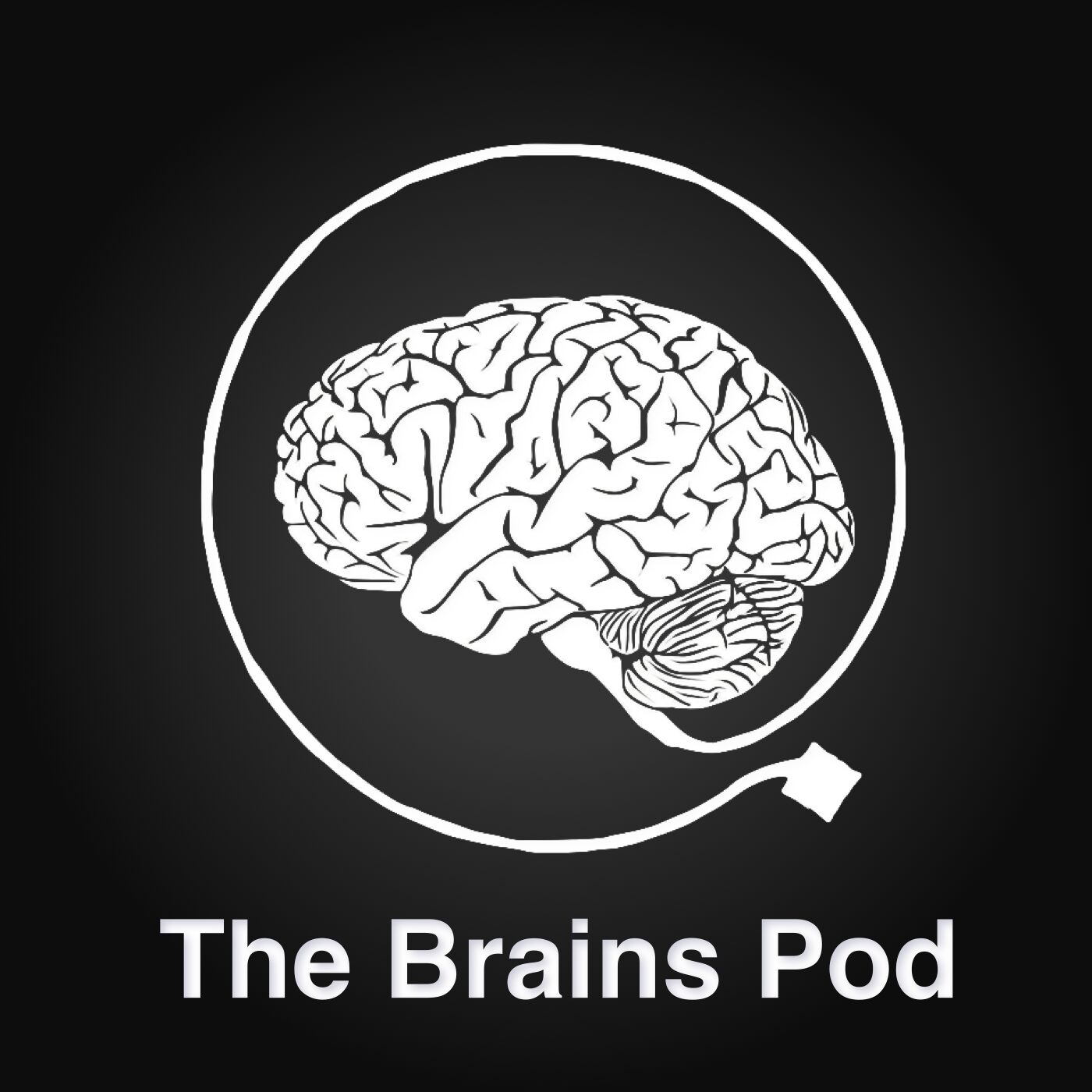
- feeds
- popular
- recent
- reader
- about
- story
- technologies
- what is rss
- connect
- dmca
- contact
- Feed Preview Michael Bishop – The Brains Blog

Myths and Traitors
Before offering some final words, I want to thank the editors for inviting me to share my thoughts this week about The Good Life: Unifying the Philosophy and Psychology of Well-Being. A quick rec...
https://philosophyofbrains.com/2015/03/20/myths-and-traitors.aspx
The Normative and the Descriptive
The network theory explains well-being in purely descriptive terms. But well-being is normative. Tim’s well-being is intrinsically valuable for Tim. Can a purely descriptive theory of well-bein...
https://philosophyofbrains.com/2015/03/19/the-normative-and-the-descriptive.aspx
Feelin’ Groovy
If you were going to describe someone who has a high degree of well-being, it might go something like this: “Felicity is in a happy and fulfilling committed relationship, she has close and cari...
https://philosophyofbrains.com/2015/03/18/feelin-groovy.aspx
A Fine Mess
Positive Psychology is a theoretical mess. For example, it has no consensus definition. Most scientific disciplines can be characterized in terms of identifiable categories in nature that are th...
R – E – S – P – E – C – T
To investigate the nature of well-being, let’s start with the basic respect assumption: Most people with a concept of well-being are generally successful in talking about and identifying instan...
https://philosophyofbrains.com/2015/03/17/r-e-s-p-e-c-t.aspx
The Myth of the Great Divide
Science is descriptive. It tells us what is the case. All matters normative are found within the confines of philosophy. The human sciences can tell us about the content and evolution of our mor...
https://philosophyofbrains.com/2015/03/16/the-myth-of-the-great-divide.aspx
Introductory Stuff: Michael Bishop
I’m Mike Bishop. I teach philosophy at Florida State University. And I thank the editors for inviting me to cause trouble here at The Brains Blog by writing about The Good Life: Unifying the ...
https://philosophyofbrains.com/2015/03/16/introductory-stuff-michael-bishop.aspx
